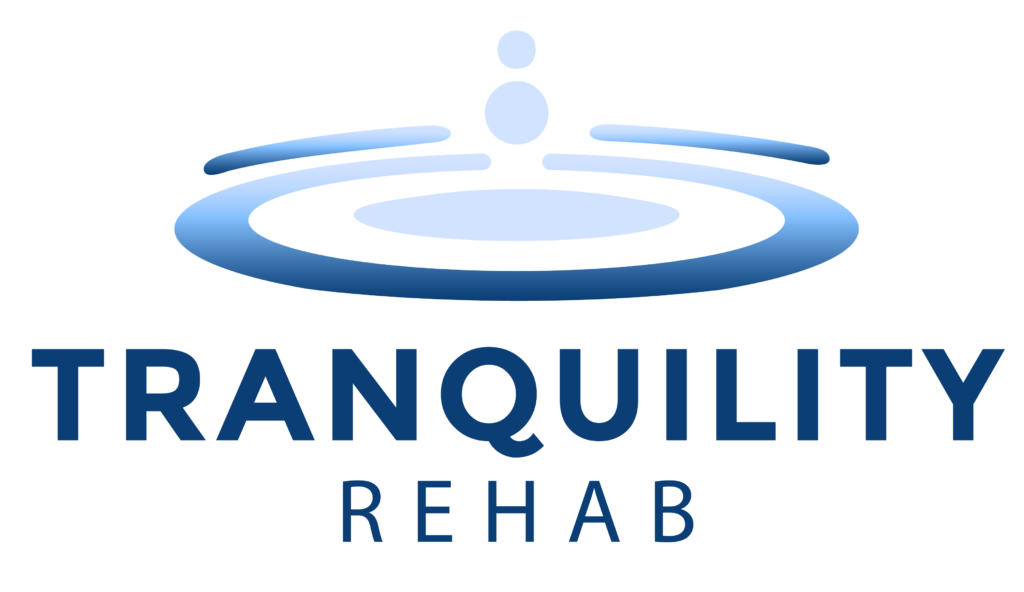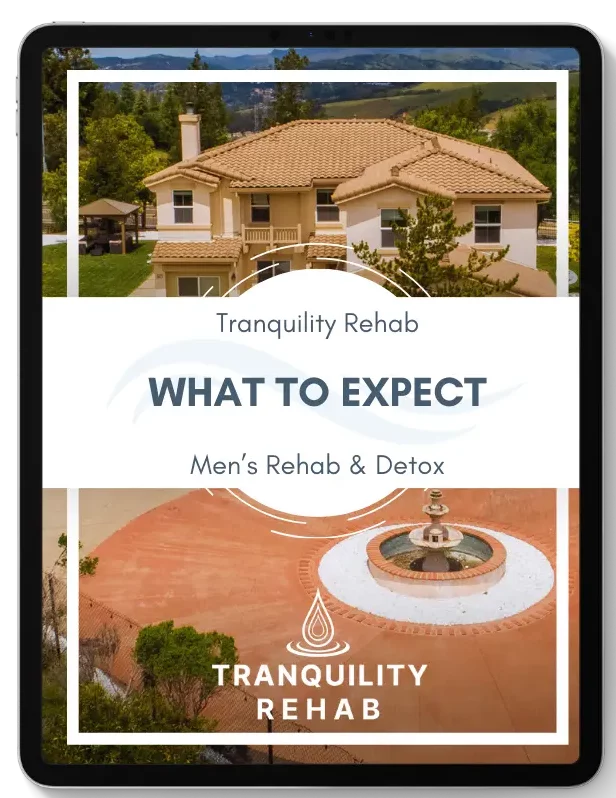For anyone navigating the path of sobriety, the question of whether having “just one drink” can break sobriety is a common and important one. The answer isn’t as simple as a yes or no—it depends on the context of the individual’s recovery journey, the type of sobriety they are working toward, and the personal and emotional significance of that one drink.
Sobriety is a deeply personal commitment, and the guidelines or rules that work for one person may not necessarily apply to another. In this post, we’ll explore what “one drink” means in the context of sobriety, the potential consequences of breaking your sobriety, and how to make empowered decisions about your recovery.
Sobriety and Its Many Definitions
Before diving into whether one drink breaks sobriety, it’s important to understand that sobriety means different things to different people. For some, sobriety means complete abstinence from alcohol and drugs, while for others, it may mean only avoiding harmful behaviors or substances that were once a problem.
- 12-Step Programs and Total Abstinence: In programs like Alcoholics Anonymous (AA) or Narcotics Anonymous (NA), sobriety is often defined as total abstinence from alcohol or any mind-altering substances. In these programs, even one drink is considered a violation of sobriety because it can trigger the brain’s cravings for more, leading to a potential relapse.
- Personal Sobriety Goals: For others who may not be in a formal treatment program, sobriety could mean moderating alcohol consumption or making changes that allow them to live a healthy, controlled life. In this case, one drink might not feel like a “break” in sobriety, but rather a slip-up that can be corrected quickly with self-reflection.
The Power of “One Drink” in Recovery
While it might seem harmless to have just one drink, the reality is that alcohol can be a powerful trigger for individuals in recovery. Even a small amount of alcohol can have unintended consequences, especially if someone has struggled with addiction in the past. Here’s why one drink might be a problem:
- The Risk of Relapse: For individuals in recovery, particularly those with a history of addiction, alcohol can reignite cravings. Many people who struggle with alcoholism find that their tolerance for moderation is low—meaning that one drink can quickly lead to more. A single drink may not seem like a big deal, but for someone who has fought hard to stay sober, it can quickly spiral into a larger relapse.
- The Mental and Emotional Consequences: Even if the physical act of drinking doesn’t result in a relapse, there can be emotional and psychological repercussions. A person who has spent months or years building their sobriety might experience guilt, shame, or self-doubt after having one drink. These emotions can lead to a feeling of failure, which might prompt further drinking as a form of self-medication, eventually undoing the progress they’ve made.
- The Slippery Slope: Addiction is often progressive, meaning that a person’s relationship with substances can worsen over time. For someone who has been sober for a significant period, even one drink can open the door to a series of poor decisions. One drink might lead to another, and then another, and soon enough, the individual finds themselves back in the grips of addiction. This is why many in recovery choose to abstain completely from alcohol, as the stakes of moderation are too high.
The Importance of Commitment to Sobriety
Sobriety isn’t just about abstaining from substances—it’s about reclaiming control over one’s life, mental health, and overall well-being. Each individual’s journey is unique, and the commitment to stay sober is personal. Whether you’ve been sober for a few weeks or many years, that commitment is a reflection of your dedication to a healthier lifestyle.
- Build a Support System: In many cases, those in recovery find that the temptation to have “one drink” comes when they are not fully engaged in their support network. Attending meetings, talking to a sponsor, or connecting with sober friends can help provide accountability and prevent situations where drinking feels like an option.
- Remember Your “Why”: Sobriety requires motivation. Reflecting on the reasons you chose sobriety in the first place—whether it was to improve your health, save your relationships, or regain control of your life—can help you resist the temptation of that one drink. Sobriety is a choice, and remembering the positive impact it has on your life can give you the strength to stay the course.
What to Do If You’ve Had “One Drink”
If you’ve had one drink and are wondering if it breaks your sobriety, the most important thing to do is not to panic or judge yourself too harshly. Recovery is about progress, not perfection. Here are a few steps you can take:
- Evaluate the Situation: Ask yourself why you drank and how it makes you feel. Was it a one-time slip-up, or are you feeling tempted to return to old habits? Understanding the root cause of your decision can help you make better choices moving forward.
- Reach Out for Support: Call a sponsor, attend a meeting, or talk to a supportive friend or family member. Let them know what happened so that you can process your feelings in a healthy, constructive way.
- Refocus on Your Goals: Take a moment to recommit to your sobriety goals. Reflect on what you’ve already accomplished and remind yourself that your journey is not defined by a single moment, but by your ongoing choices.
Find Support for Your Recovery with Tranquility Rehab
If you or someone you care about is struggling with alcohol or substance use, the journey to lasting sobriety can be challenging—but it is absolutely possible. At Tranquility Rehab, we provide the tools, support, and guidance you need to overcome addiction and live a healthy, fulfilling life. Whether you’re just beginning your recovery journey or have faced setbacks along the way, we are here to help you rebuild your life, one day at a time. Reach out today to learn more about our personalized treatment programs and start your path to lasting recovery.


